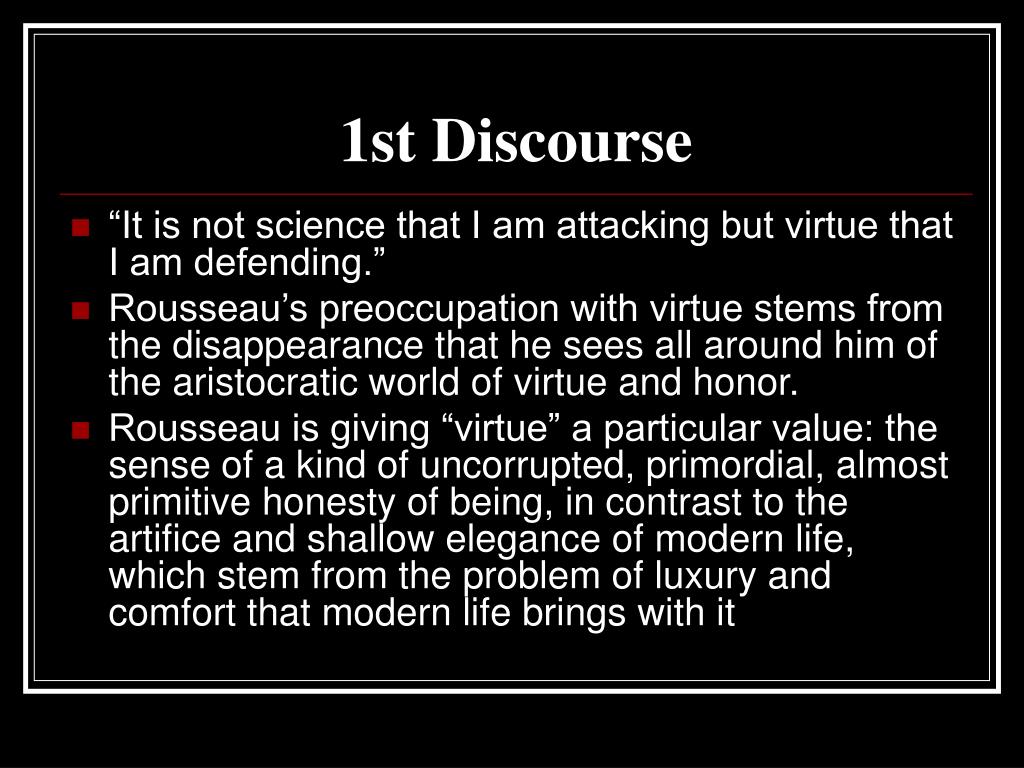

A SHORT STATEMENT ON THE TOPIC Humans are said to have undergone a transition from the State of Nature to the Civil Society a view held by Rousseau and other Social Contract philosophers. The General Will also stands as the basis for a legitimate government. Thus, he proposed the theory of the General Will as a mechanism with which this problem would be adequately dealt with. He felt that if the common good of all were sought, the problem of inequality would be dealt with. Written from different, even opposing perspectives, these lucid essays convey a sense of the vital and contentious debate surrounding Rousseau and his legacy.įor this edition Susan Dunn has provided a new translation of the Discourse on the Sciences and Arts and has revised a previously published translation of The Social Contract.PROBLEM TO BE TACKLED Rousseau was disturbed at the level of inequality in wealth of the members of the society and so he sought a way to tackle this problem. And Conor Cruise O’Brien takes on the noxious,” deranged” Rousseau, excoriated by Edmund Burke but admired by Robespierre and Thomas Jefferson. David Bromwich analyzes Rousseau as a psychologist of the human self.

Bellah explores Rousseau’s attempt to resolve the tension between the individual’s desire for freedom and the obligations that society imposes. Gita May’s essay discusses Rousseau as cultural critic. Susan Dunn’s introductory essay underlines the unity of Rousseau’s political thought and explains why his ideas influenced Jacobin revolutionaries in France but repelled American revolutionaries across the ocean. This volume brings together three of Rousseau’s most important political writings The Social Contract and The First Discourse (Discourse on the Sciences and Arts) and The Second Discourse (Discourse on the Origin and Foundations of Inequality)and presents essays by major scholars that shed light on the dimensions and implications of these texts. His works are as controversial as they are relevant today. Jean-Jacques Rousseau’s ideas about society, culture, and government are pivotal in the history of political thought.


 0 kommentar(er)
0 kommentar(er)
